Introduction by A Chronic Voice on Men's Health & Isaacs' Syndrome
It always warms my heart when I hear a male voice speak up within the rare disease community. Rachit shares about Isaacs' Syndrome in this post.
*Disclaimer: This article is meant for educational purposes, and is based on the author's personal experiences as a patient. I/We are not doctors, and nothing in this article should be substituted for medical advice. Please consult your own doctor before changing or adding any new treatment protocols. This post may also contain affiliate links. It will cost you nothing to click on them. I will get a small referral fee from purchases you make, which helps with the maintenance of this blog. Read our Privacy Policy page for more information. Thank you!
Pin to Your Rare Disease & Isaacs' Syndrome Boards:
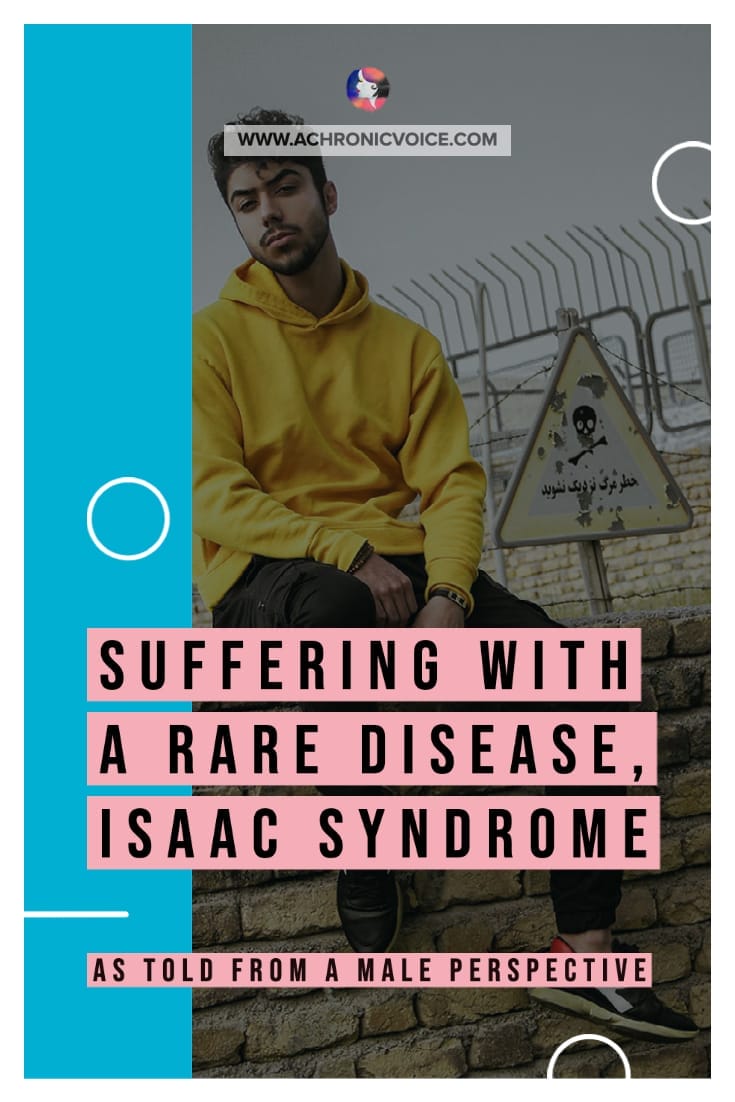
According to Novartis (2025):
“Studies show that nearly 80% of people living with autoimmune diseases are women, and some of these diseases, like Sjögren's disease, affect women as much as 9 times more often than men.”
And from Vlassoff (2007):
"The gender differences in the social consequences of health and illness include how illness affects men and women, including health-seeking behaviour, the availability of support networks, and the stigma associated with illness and disease. Men and women respond differently when ill, in terms of time before acknowledging that they are ill, recovery time, and how women and men are treated by their families and society."
With men less likely to speak up about chronic pain, their emotions and anything deemed overly 'sensitive', it is always worth a celebratory cheer when one takes the courage to do so. These men are helping to break societal stigmas of what's categorised as 'unmasculine'. No feelings are invalid; we are all human beings who experience a wide and profound array of emotions, men included.
It is my hope that more men such as Rachit will share their stories and experiences, so that other men may feel less alone, too. Thank you Rachit, and if any other men with chronic illnesses would like to share their story on my blog, please click on the 'Contribute' menu tab and submit your details in the contact form there 🙂 Now over to Rachit!
Getting Diagnosed with Isaacs' Syndrome at the Prime of My Life
I write, dedicating my articles to my pissed off attitude about 'healing'. I need to learn how to be uncomfortable and to fight back, as to do otherwise is to settle. This is my personal endeavour to help patients all over the world who suffer from a rare disease.
I was diagnosed with a rare medical condition in March 2016. Isaacs' Syndrome (Genetic and Rare Diseases Information Center [GARD], 2025), they call it. Also known as Neuromyotonia - a complex disorder resulting from muscular hyperactivity, and Membranous Glomerulonephritis, a slow, progressive kidney disease. Life was only beginning for me then and I was working as an investment banker, but had to give that all up.
Endless Painful Investigations & Treatments
I had to undergo a plethora of medical investigations, which finally interpreted my symptoms as Isaacs' Syndrome. Treatments I tried: Steroids, IVIg, Plasmapheresis, ACTH injections, painkillers, immunosuppressive agents, intestine related medicines and alternative therapies.
I was on 38 pills at one point, which were a part of my daily acid tasting platter. My food restrictions were endless due to side effects such as high sugar levels, fluctuating blood pressure, IBS, disturbances of my stomach lining, diarrhoea, and so much more.
Every triumph or progress that I made was fleeting, as the impact of medications and procedures revealed the limitations of my health. It was a tragic experience for me, and it felt as if I were crawling through broken glass; the need to shift the focus on my journey yet again, rather than having arrived at the final destination.
What I Learned from These Personal Experiences with Isaacs' Syndrome
- To live with rare disorders require extra effort, through maximum discipline and lifestyle corrections.
- Insurance support systems for expensive treatments can be a lifesaver.
- Sports Medicine can help to bridge the gap between fitness and living with a rare disease.
- There is no universal law or a fixed method to healing.
- Utilise all resources available to you during treatment. This helps to ease additional financial, social and personal burdens.
- I felt that a holistic approach was missing during my treatment with medical specialists and doctors. I felt that I could have benefitted from more holistic practices, which might have eased the pain felt during diagnoses and treatments.
- Corporate Social Responsibility (CSR) can be the backbone of society, as it makes serious contributions towards meaningful healthcare research (Reckmann, 2024). This in turn can reduce the escalated negative impact on society.
- A Central Information Portal is beyond useful, a hub where chronic illness patients, government initiatives, doctors and more can access and communicate with each other easily. This is especially useful for chronic illness patients who are in locations that are less accessible, or who require online consultation or quick support.
Chronic illness patients can use the portal to share their concerns and experiences, and doctors more information. Government initiatives can use it to explore cost effective measures and to better understand innovations. Educational and research facilities can use it to access data and discover remedies. - Our body is gifted by God, but our 'monkey brain' needs our utmost attention, when a man-made crisis manifests itself.
- Adding humour to life can transform it in positive ways for everyone around us. It eases the caregivers' roles, and the pain felt by family members and ourselves. I still give credit to cartoons, which lifted my mood during those tough days.
Pin to Your Mindset, Positivity & Quote Boards:

No Circumstance in Life is Permanent
I decided to take up table tennis despite my struggles, which I saw as a drug free therapy. Those who battle with chronic illness have much in common with players on a sports field. Playing table tennis was good for my mental health, as it reminded me that any suffering is as constant a phenomenon as losing a game, which is but temporary. No situation or circumstance in life is permanent. As Walt Disney once said, 'The difference between winning and losing is most often not quitting'.
Accepting Life with Isaacs' Syndrome & Being 'Rare'
In closing, I urge my fellow rare disease friends to stand tall, to accept with grace being 'rare', where 'rare' is an alien term, one that the mainstream outcasts. To live with rare disease is to spend time seeking doctor after doctor in hope for an answer. It is to spend exorbitant amounts of money on treatments that may or may not work. It is the constant search for alternatives apart from prescription drugs. It might even mean that 'cure' becomes a favourite word.
At the same time, we need to acknowledge each other's invisible struggles, one that words cannot express. We also need to work on healthy ways to improve our attitudes, our sense of spirituality and our physical tolerance. These are essential elements of life that can aid us on our journey toward recovery, and may help to reduce our dependency on prescription pills.
I am still patiently waiting for that Midas touch. My only request to my readers would be to share any conducive food for thought, as bailing out isn't an option for me. Everything in life seems misty at present, and I'm baffled by this recovery code that I need to crack. Yet I would still like to thank my doctors and family, for aligning their own life journeys with mine, and for helping to raise awareness of my rare disease, Isaacs' Syndrome.
Pin to Your Rare Disease & Men's Health Boards:
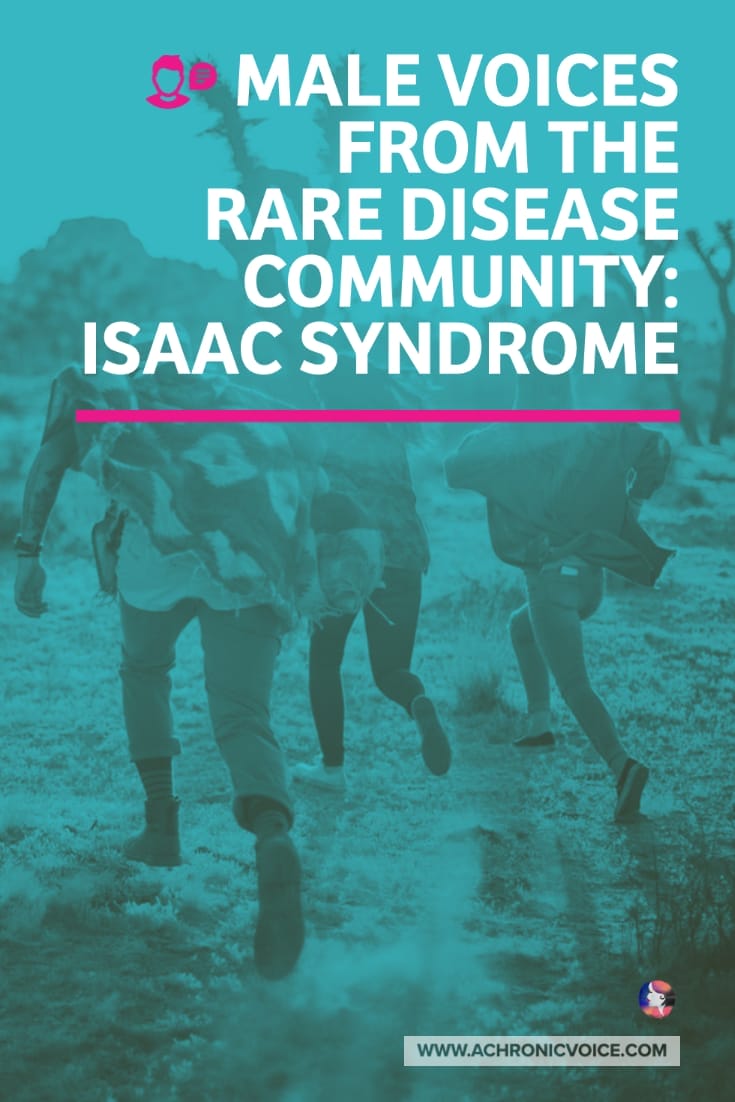

Rachit Shah lives in Mumbai, India, and has a Master's in Business Management, with over 13 years of experience in investment banking before Isaacs' Syndrome affected his life. He is fond of long distance running and table tennis. He copes with his chronic illness by doing volunteer work, watching inspirational movies, and is grateful for his family and God's grace. He says, as Charlie Chaplin once said, 'to truly laugh, you must be able to take your pain, and play with it'. You can contact him here: [email protected]
- Genetic and Rare Diseases Information Center. (2025, May). Isaac syndrome. U.S. Department of Health & Human Services, National Institutes of Health. https://rarediseases.info.nih.gov/diseases/6793/isaac-syndrome
- Novartis. (2025, May 13). Autoimmune diseases disproportionately impact women — here’s why that matters. https://www.novartis.com/us-en/stories/autoimmune-diseases-disproportionately-impact-women-heres-why-matters
- Reckmann, N. (2024, October 25). What is corporate social responsibility? Business News Daily. https://www.businessnewsdaily.com/4679-corporate-social-responsibility.html
- Vlassoff, C. (2007). Gender differences in determinants and consequences of health and illness. Journal of Health, Population, and Nutrition, 25(1), 47–61. https://www.ncbi.nlm.nih.gov/pmc/articles/PMC3013263/
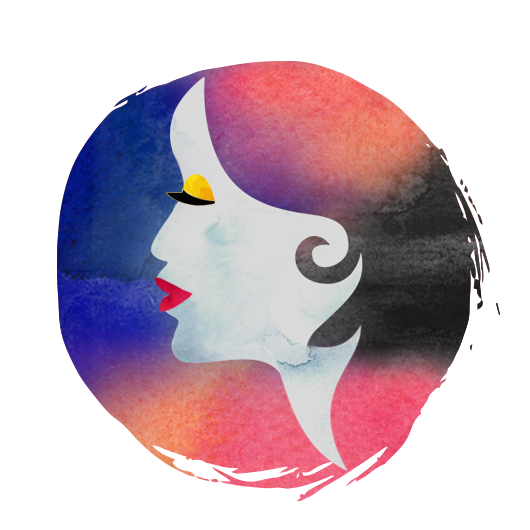
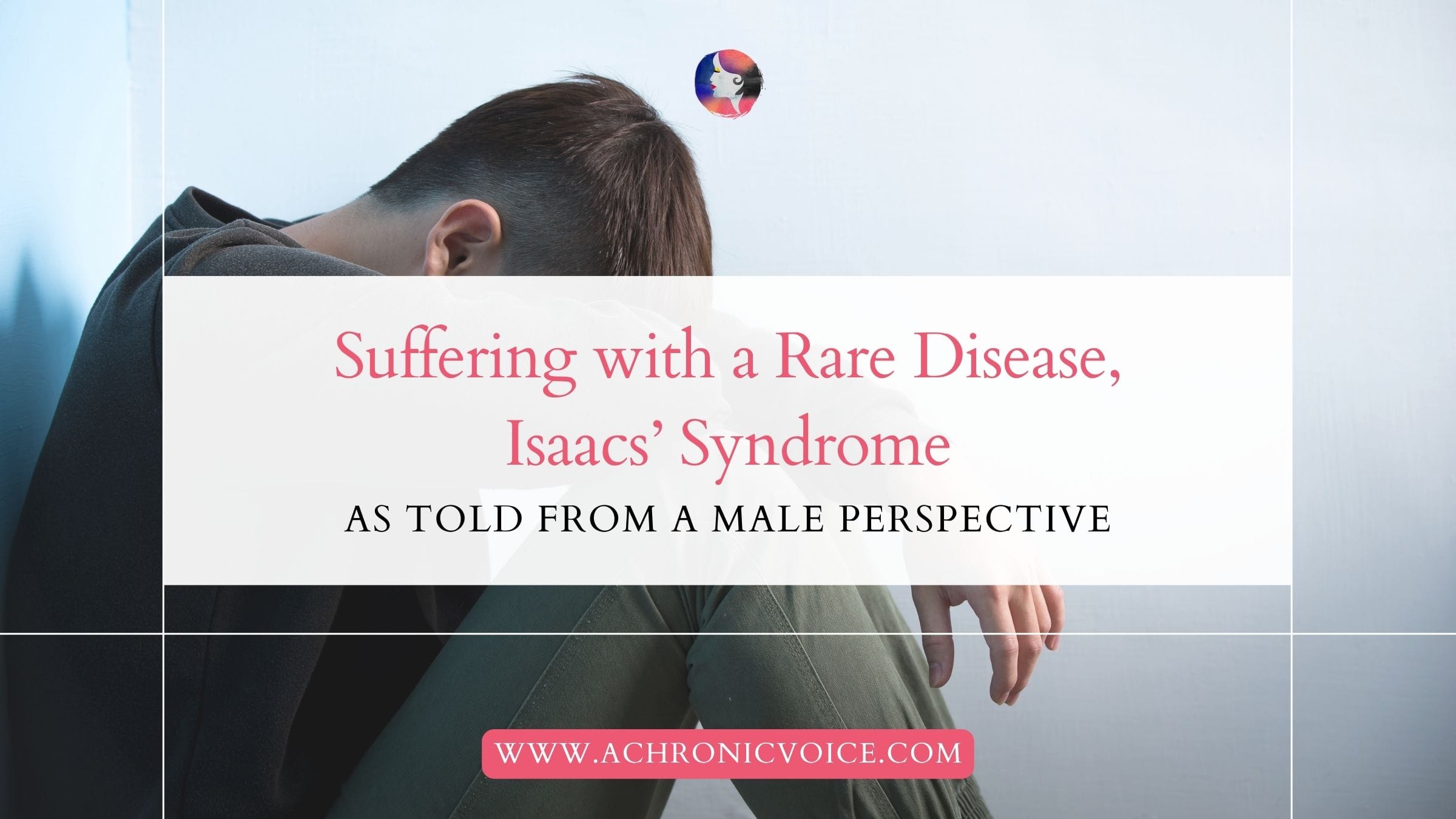

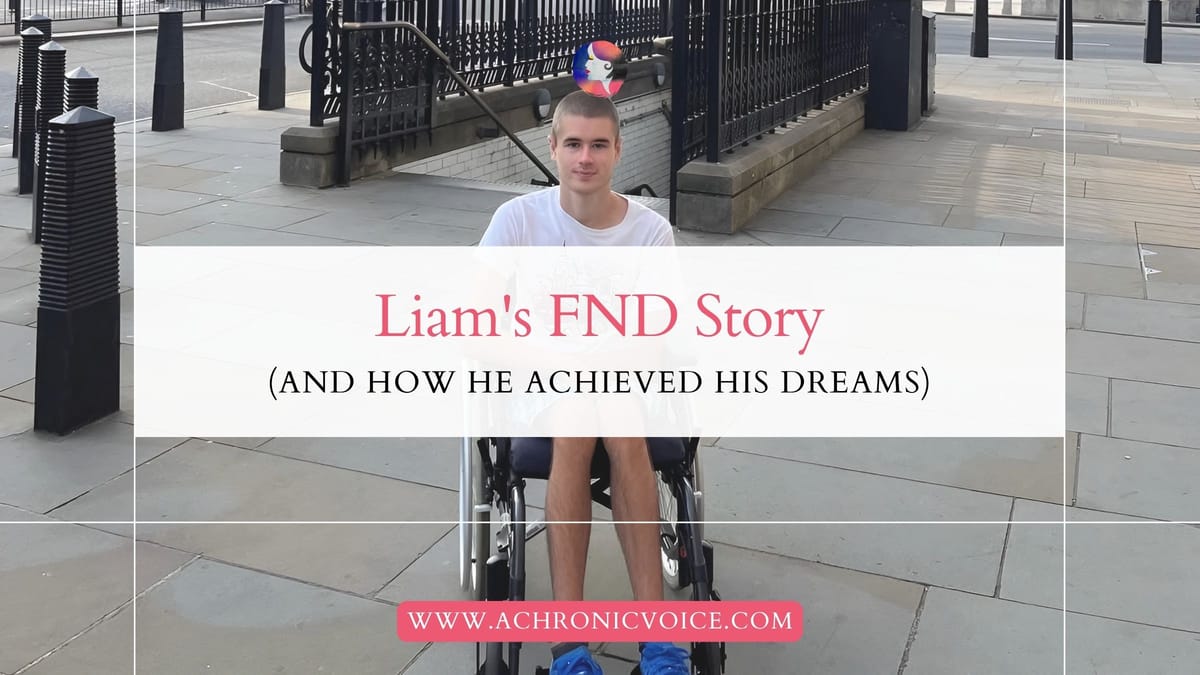


Comments Archives:
Comments imported from previous WordPress site.-
Shruti Chopra
-
Sheryl Chan
-
Claire
-
Sheryl Chan
Start a new conversation in the Member Comments below!It really is refreshing when a man speaks up and it’s so good to read that Rachit does. People need to be made more aware of what men go through because they’re so poorly represented and contributions / guest posts like these really help to do that. Thank you for sharing.
So agree, Shruti. We truly need more courageous men like Rachit to speak up, so others can gain insight, too, and feel less alone.
I was just talking last week with an Instagram friend about how so few stories seem to be told by men living with chronic illness. I can imagine that it makes men feel more alone or even as though they have to hide their conditions. Thank you to Rachit for sharing his story and experiences.
I think so too, that men may have it harder in that regard, as there are so few voices in the community compared to women. THey too, need immense support and a community they can feel supported by.